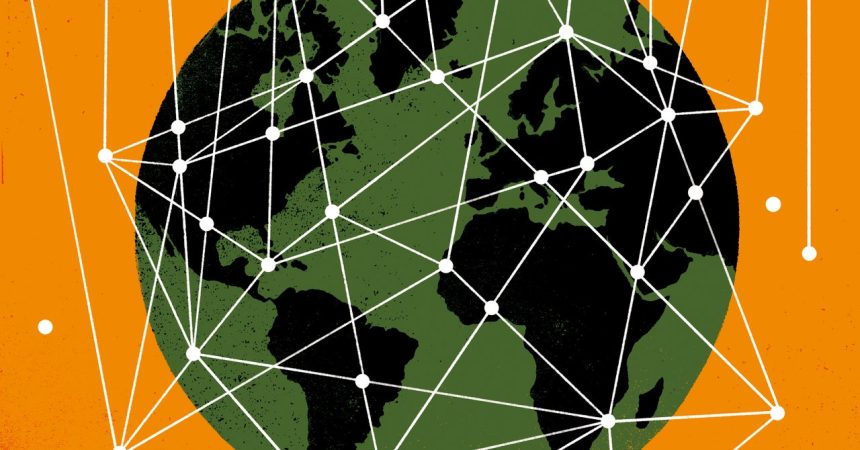The narrative surrounding Artificial Intelligence (AI) in the years following the release of ChatGPT has oscillated between exuberant optimism and apprehensive fear. This period, reminiscent of a gold rush infused with moral panic, witnessed both unprecedented investment in AI and dire warnings from prominent figures in the tech world. While some heralded AI as the next technological frontier, others, including Elon Musk and Steve Wozniak, expressed grave concerns, likening its potential impact to that of nuclear war or a global pandemic. This duality has created a complex and often confusing landscape, particularly for political leaders grappling with the implications of this rapidly advancing technology. The resulting uncertainty has fueled a trend towards AI nationalism, a framework that views AI development primarily through a competitive lens, emphasizing national dominance rather than global collaboration.
This burgeoning AI nationalism is manifested in national strategies aimed at achieving AI supremacy. China’s ambitious “New Generation AI Development Plan,” announced in 2017, explicitly aims to establish the nation as a global AI superpower by 2030. This assertive stance has prompted countermeasures from other nations, most notably the United States. The US responded with the CHIPS and Science Act of 2022, which, by restricting semiconductor exports, sought to bolster domestic AI capabilities while simultaneously hindering China’s progress. Further solidifying this competitive dynamic, in 2024, the US Treasury Department proposed restrictions on investments in Chinese AI ventures. This tit-for-tat approach underscores the prevailing perception of AI as a strategic asset in a global power struggle.
The current geopolitical climate surrounding AI draws parallels to the Cold War, but with a crucial distinction. While the Cold War was undeniably characterized by an arms race, it also demonstrated the potential for international cooperation, particularly in the realm of space exploration. Despite fierce competition between the US and the Soviet Union, the US successfully leveraged diplomacy and statecraft to foster a shared vision for space as a domain for peaceful exploration and scientific advancement. This culminated in the UN Outer Space Treaty, which established principles for the peaceful use of outer space, preventing its militarization and promoting international collaboration. This historical precedent underscores the potential for cooperation even amidst intense rivalry, a lesson that holds significant relevance for the current AI landscape.
In 2025, we anticipate a pivotal shift in the geopolitical discourse surrounding AI, marked by a renewed emphasis on international cooperation and diplomacy. This shift is driven by a growing recognition that the transformative potential of AI can be best realized through collaborative efforts rather than nationalistic competition. The upcoming AI Summit in France, spearheaded by President Macron, will play a crucial role in this transition. Moving away from a narrow focus on AI safety and risk mitigation, the summit aims to address the broader societal implications of AI and explore practical solutions and standards for its responsible development and deployment. This broader perspective reflects a growing understanding that maximizing the benefits of AI requires a more holistic approach.
Further reinforcing this trend towards collaboration, the United Nations, recognizing the exclusion of certain countries from previous AI discussions, has outlined its own plan for a more inclusive and collaborative global approach to AI governance. This initiative aims to ensure that the development and deployment of AI benefit all nations and address the concerns of those previously marginalized in the conversation. Even the US and China, despite their ongoing strategic competition, have initiated tentative diplomatic efforts, establishing a bilateral consultation channel on AI in 2024. While the long-term impact of these initiatives remains to be seen, they signal a growing willingness among key players to engage in dialogue and explore avenues for cooperation.
This emerging emphasis on cooperation and diplomacy represents a crucial course correction in the trajectory of AI geopolitics. By drawing lessons from the Cold War, particularly the successful model of international cooperation in space exploration, the international community can strive to harness the transformative power of AI for the collective benefit of humanity. The initiatives underway in 2025, including the AI Summit in France and the UN’s efforts to foster a more inclusive global dialogue, provide a foundation for building a future where AI serves as a catalyst for progress and cooperation rather than a source of division and conflict. While challenges remain, the shift towards diplomacy offers a promising path towards a more positive and cooperative future for AI and the world.



